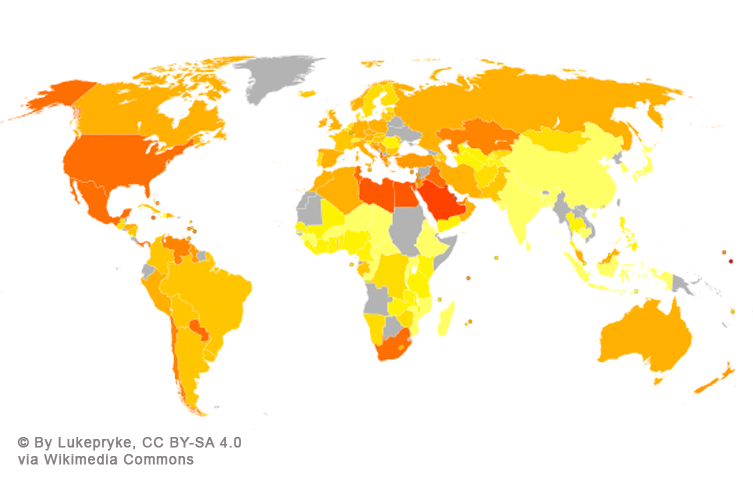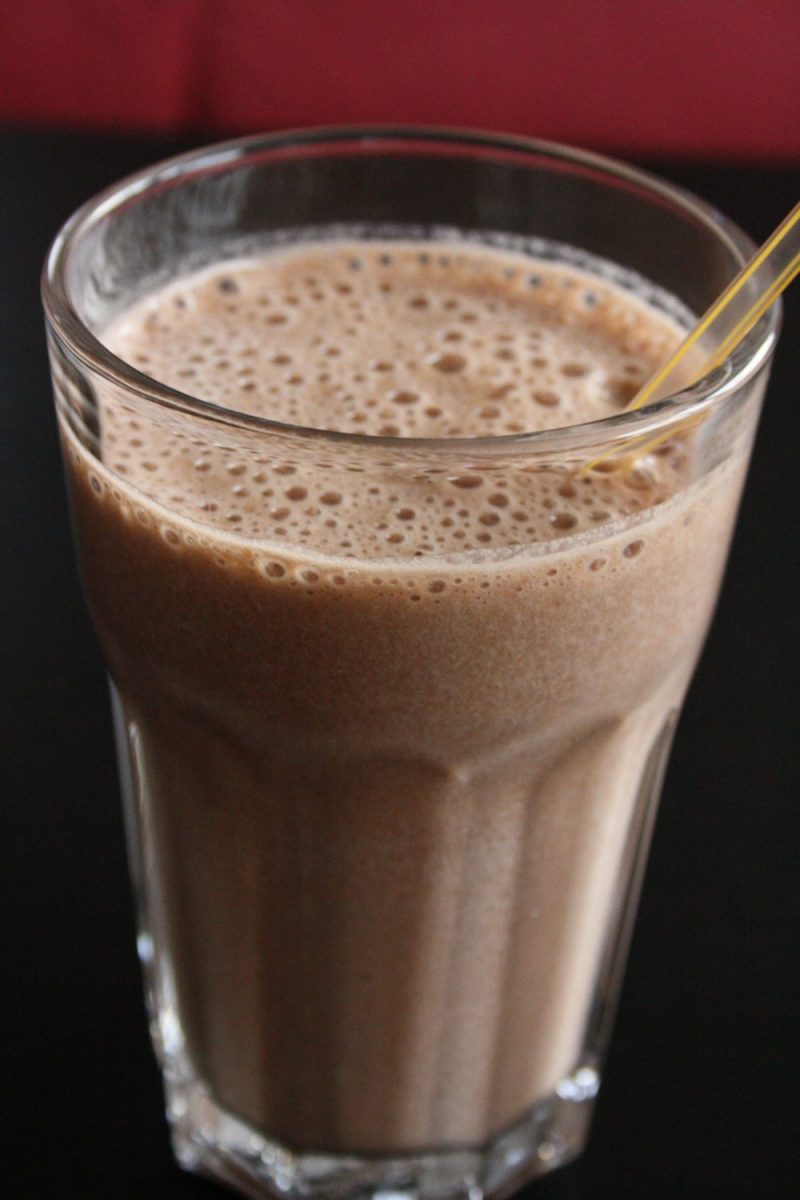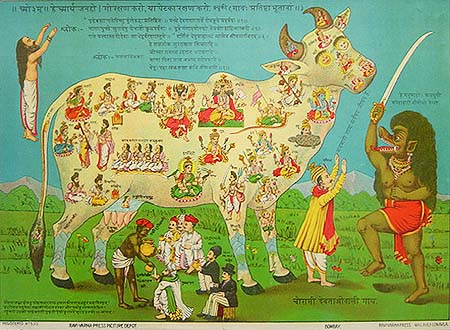The Fattest Nation on Earth? On the How and Why of Comparing Circumference

The practice of ranking countries according to their inhabitants’ average weight expresses our contemporary obsession with fat and its seemingly global advance. 21st century globesity rankings differ from early modern observations of particularly portly peoples in both form and jargon. Regarding their content the difference seems less pronounced. Current epidemiology sometimes reverses prestatistical attributions, but occasionally it confirms them. Regardless, comparative approaches old and new serve the same cultural function, as I argue, because they both use corpulence abroad to address concerns and ultimately mold self-images at home. Contemporary popular coverage of countries, which rank high in globesity statistics, largely depends on how their situation can be related to ours. Currently, nine of the ten countries leading most statistics…



